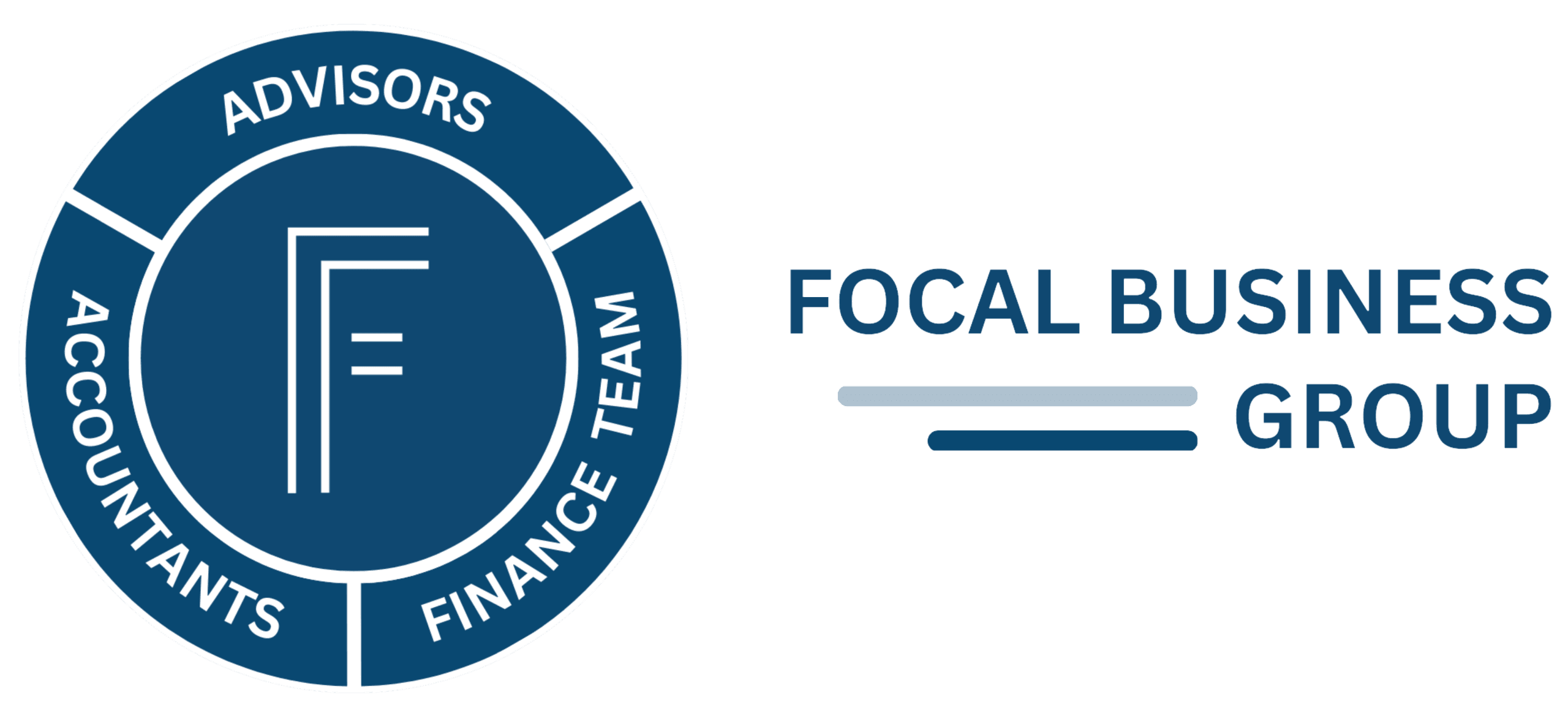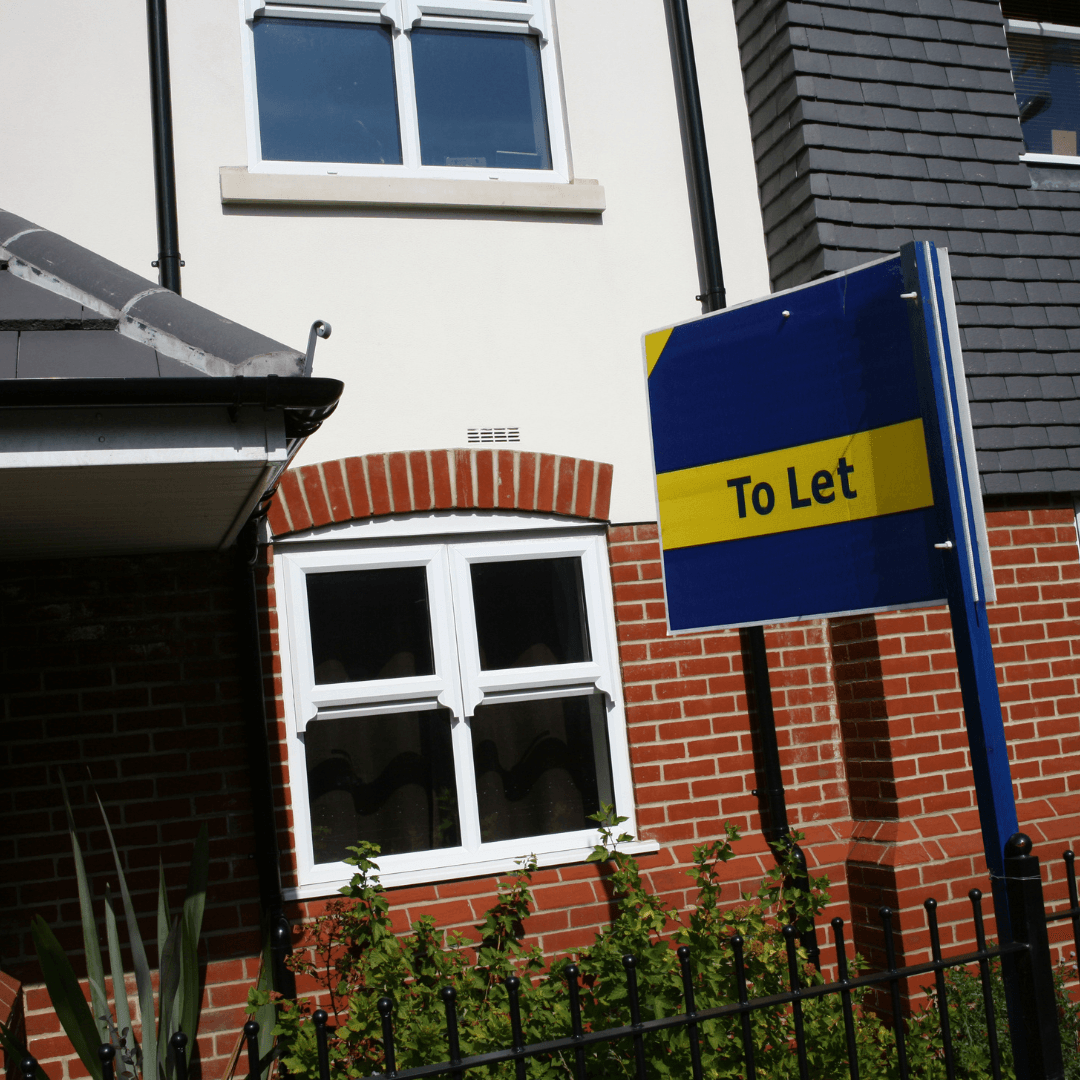If you let out a property, you can deduct the business expenses that you incur when working out your taxable rental profit. The rules governing the expenses that you can deduct depend on whether you prepare accounts using the cash basis or the accruals basis.
If you use the cash basis (which is the default basis), you can deduct revenue expenses which are incurred wholly and exclusively for the purposes of renting out the property. You can also deduct capital expenses permitted under the cash basis capital expenditure rules. This would, for example, include the cost of a van, but not the cost of a car or the property itself.
Under the accruals basis, you can deduct revenue expenses wholly and exclusively incurred for the purposes of the property rental business.
Here we look at ten popular expenses that you may be able to deduct.
- Letting agency fees
If you let your property through an agency, you will be able to deduct the fees charged by the letting agency. These are typically a percentage of the rental income. - Advertising costs
You may advertise your property in order to find new tenants. The advertising costs are allowable business expenses and can be deducted. - Accountancy costs
You may use the services of an accountant or bookkeeper. These costs are allowable costs which can be deducted. - Cleaning costs
If you use the services of a cleaner, either for in tenancy cleans or end of tenancy cleans, or to clean your office premises, you can deduct the associated costs when working out your taxable rental profits. - Gardening costs
If your property has a garden and you incur gardening costs, you can deduct these in calculating your taxable profits. - Travel expenses
Any costs that you incur in relation to your property rental business are deductible. This will include costs of visiting the property to check the property, visit the tenants or undertake maintenance, and any other travel costs incurred wholly and exclusively for the purposes of the rental business. - Repairs
You can also deduct the cost of repairs that you need to do to the property or the cost of any fixtures and fittings. - Replacement domestic items
If you let a residential property furnished (other than as a furnished holiday let), you can deduct the cost of replacement domestic items, but not the cost of the original items. The deduction is capped at the cost of a like-for-like replacement. - Utilities and council tax
In a residential let, the tenant will normally meet the cost of the utilities and the council tax. In a holiday let, the utility bills and council tax/business rates (where applicable) are usually met by the landlord. Costs of this nature met by the landlord are allowable business expenses. - Interest and finance costs
Although residential landlords cannot deduct interest and finance costs when calculating their taxable profit, relief is available for 20% of those costs as a tax reduction. Non-residential landlords and those letting furnished holiday lets can deduct interest and finance costs in calculating their taxable profit, as can corporate landlords.
If you do own rental property make sure you don’t overlook some of these common expenses which landlords can deduct. If you are unsure about your eligibility and how to make the most of these, we are happy to discuss this with you.
Growing businesses need more from their accountant; as business accountants, analysts and advisors, we help you understand and manage your numbers to drive plans and decision making. If you would like to discuss the ways we can help you and your business, simply call 0800 112 0880 or email hello@focalbusiness.co.uk.

